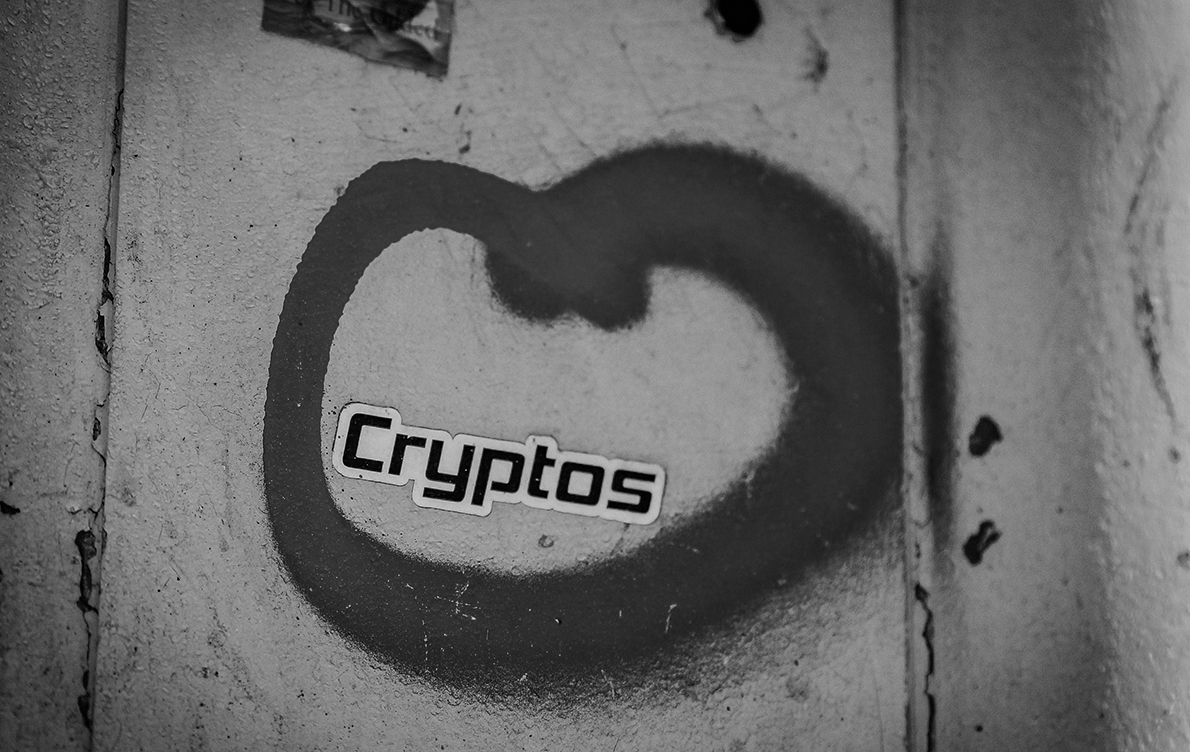A Summary of the SEC’s Director of Corporation Finance Speech on Cryptocurrencies
On June 14, 2018, the SEC’s Division of Corporation Finance Director, William Hinman, gave a speech titled “Digital Asset Transactions: When Howey Met Gary (Plastic).” This speech provides additional insight into the SEC’s view as to whether cryptocurrencies and initial coin offerings (“ICOs”) are securities. Here is a summary:
In his speech, Hinman explains that ICOs typically involve passive investors who purchase tokens in hopes that a promoter builds a successful network. He posits that the networks involved are rarely functional, and that the token purchase “looks a lot more like a bet on the success of the enterprise and not a purchase of something used to exchange for goods or services on the network.” These circumstances, combined with token marketing efforts that “are rarely narrowly targeted to token users,” are indicators that an ICO is a securities transaction.
ICO issuers have recently tried to avoid their tokens being classified as securities by labeling them “utility tokens” and arguing that the tokens are for consumptive use. Hinman directly addresses this practice, stating that labeling something a “utility token” does not prevent it from being a security. While he conceded that tokens by themselves and tokens purchased for consumption only are likely not securities, he emphasized that the “economic substance of the transaction” determines whether a token sale is a securities transaction. Specifically, the speech focused on the “investment strategy” used, and states that “virtually any assets” can be securities “provided the investor is reasonably expecting profits from the promoter’s efforts.”
To support the above concept that securities can be broadly defined to include an “investment strategy,” Hinman explains that, as outlined in Gary Plastic Packaging Corp. v. Merrill Lynch, Pierce, Fenner & Smith, Inc., the Howey test “is not static and does not strictly inhere to the instrument.” The non-static interpretation of Howey is critical because it indicates that tokens which start as securities can lose that designation over time as a token’s network becomes “sufficiently decentralized.” Hinman clarified that a security-token loses its status as a security when it becomes decentralized enough that purchasers “no longer reasonably expect a person or group to carry out essential managerial or entrepreneurial efforts,” noting that, as a system becomes increasingly decentralized, “material information asymmetries recede” and the “ability to identity an issuer or promoter to make the requisite disclosure [required in securities offerings] becomes difficult, and less meaningful.” This interpretation rewards systems that prioritize decentralization with a shield from securities laws, but creates ambiguity regarding the requirements for a network to become “sufficiently decentralized.”
In light of the above, Hinman finds that Bitcoin and Ethereum’s native token, Ether, are not securities because they are decentralized enough that the efforts of others are not a “key determining factor” in whether an investment in Bitcoin or Ether is successful. The speech adds that applying the disclosure regime of the federal securities laws to Bitcoin and Ethereum transactions would “add little value”, and that, “[o]ver time, there may be other sufficiently decentralized networks and systems where regulating the tokens or coins that function on them as securities may not be required.”
As the law continues to evolve on these matters, please note that this article is current as of date and time of publication and may not reflect subsequent developments. The content and interpretation of the issues addressed herein is subject to change. Cole Schotz P.C. disclaims any and all liability with respect to actions taken or not taken based on any or all of the contents of this publication to the fullest extent permitted by law. This is for general informational purposes and does not constitute legal advice or create an attorney-client relationship. Do not act or refrain from acting upon the information contained in this publication without obtaining legal, financial and tax advice. For further information, please do not hesitate to reach out to your firm contact or to any of the attorneys listed in this publication.
Join Our Mailing List
Stay up to date with the latest insights, events, and more





